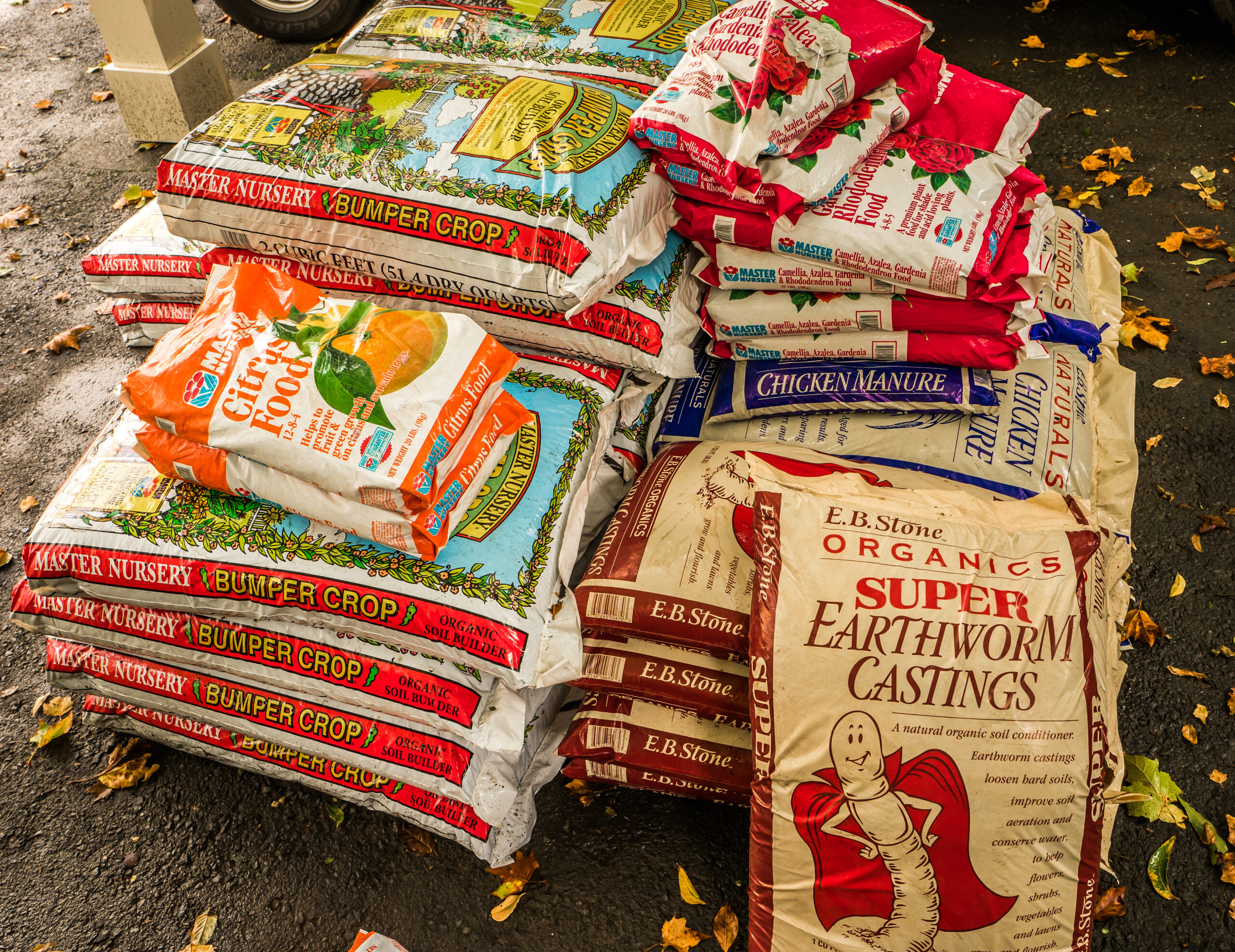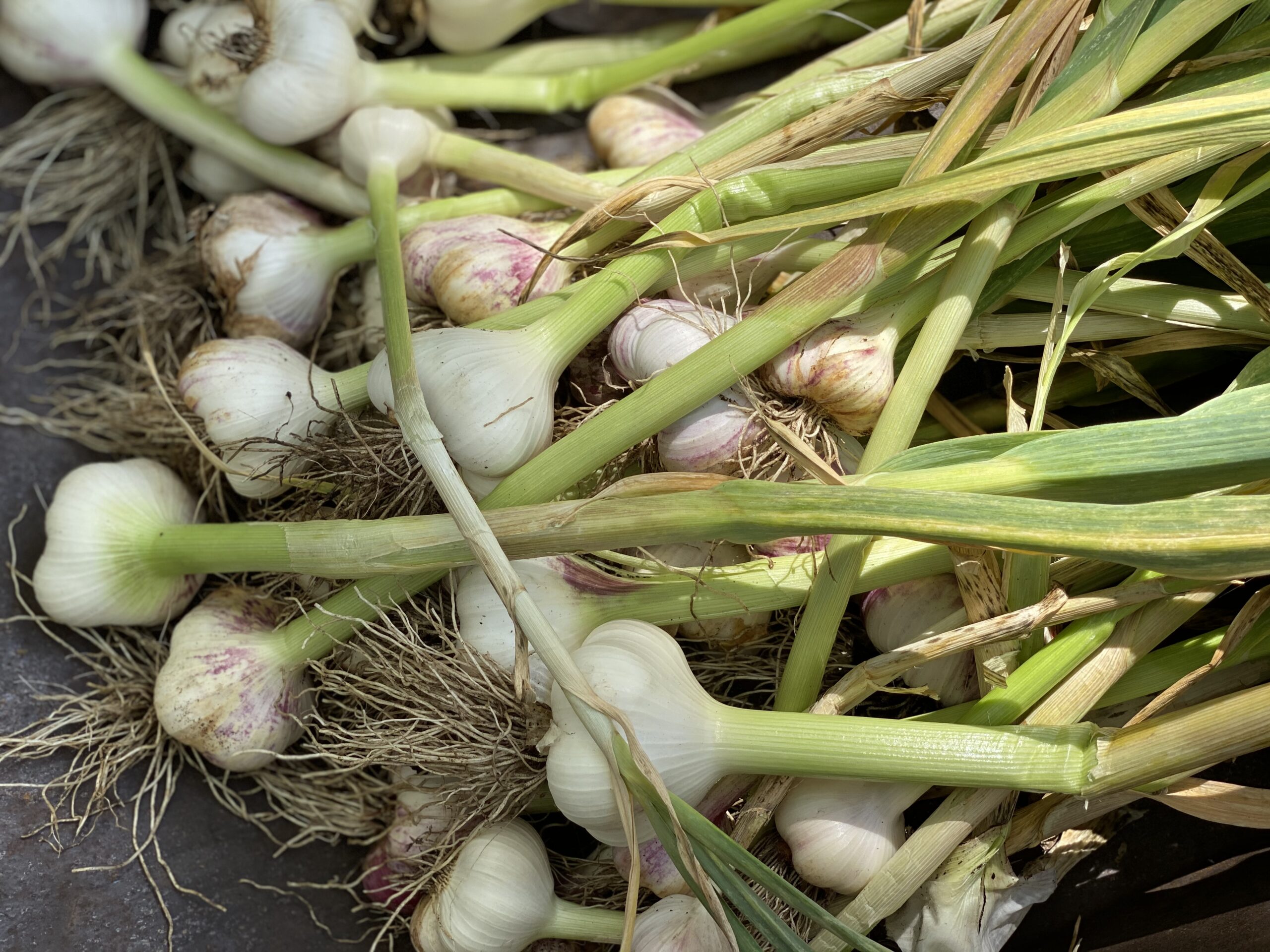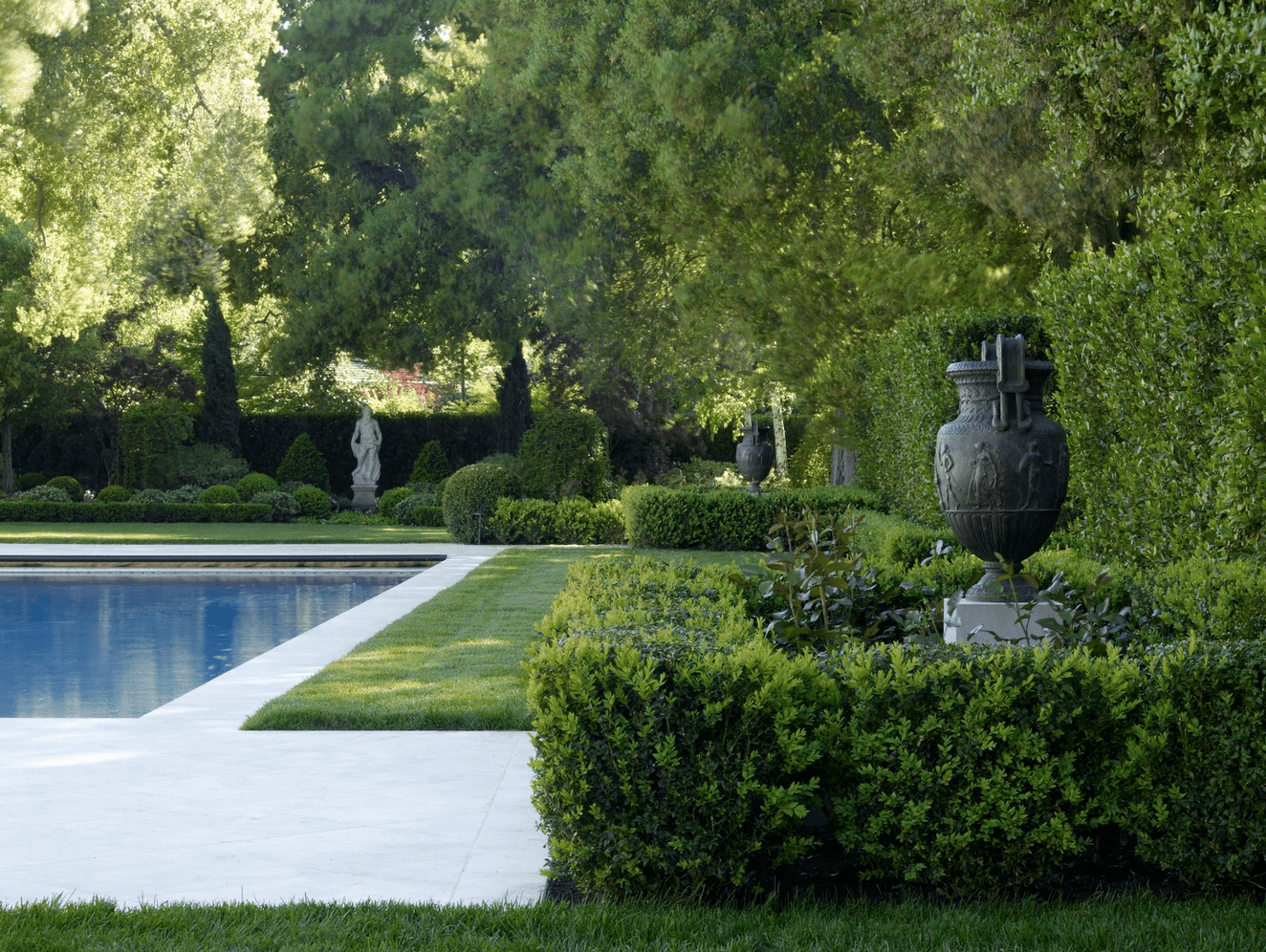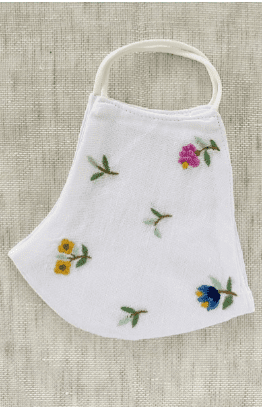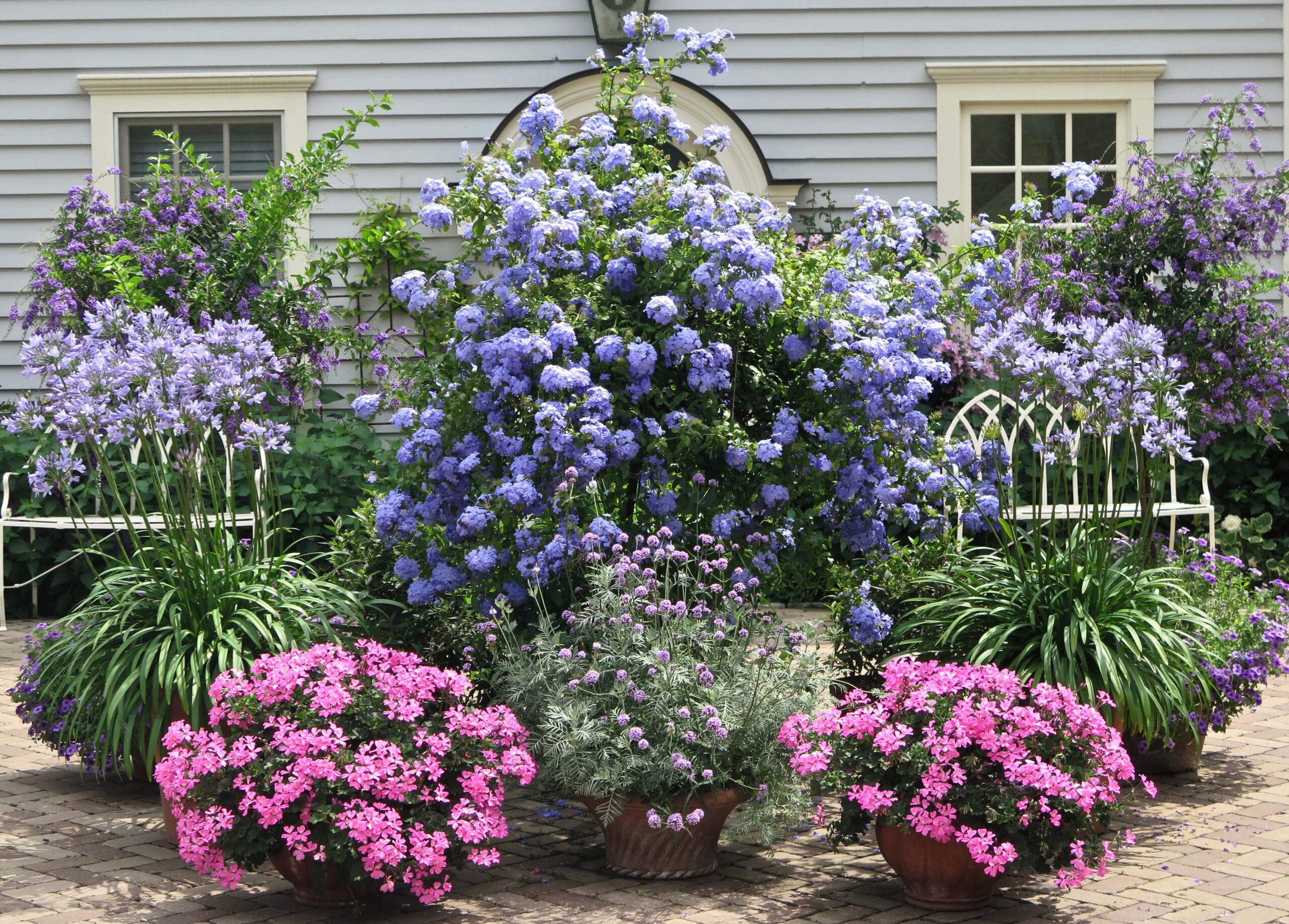I don’t know if you’re like me, but it’s hard to know what to amend your vegetable bed soil with at the end of the growing season. I’m in the middle of reading ‘Teaming with Nutrients’ by Jeff Lowenfels (recommended by one of the garden managers at the French Laundry Culinary Garden) and referred to Rodale’s Ultimate Encyclopedia of Organic Gardening to get some guidance on the subject, but I haven’t found the specific recommendations I’m seeking.
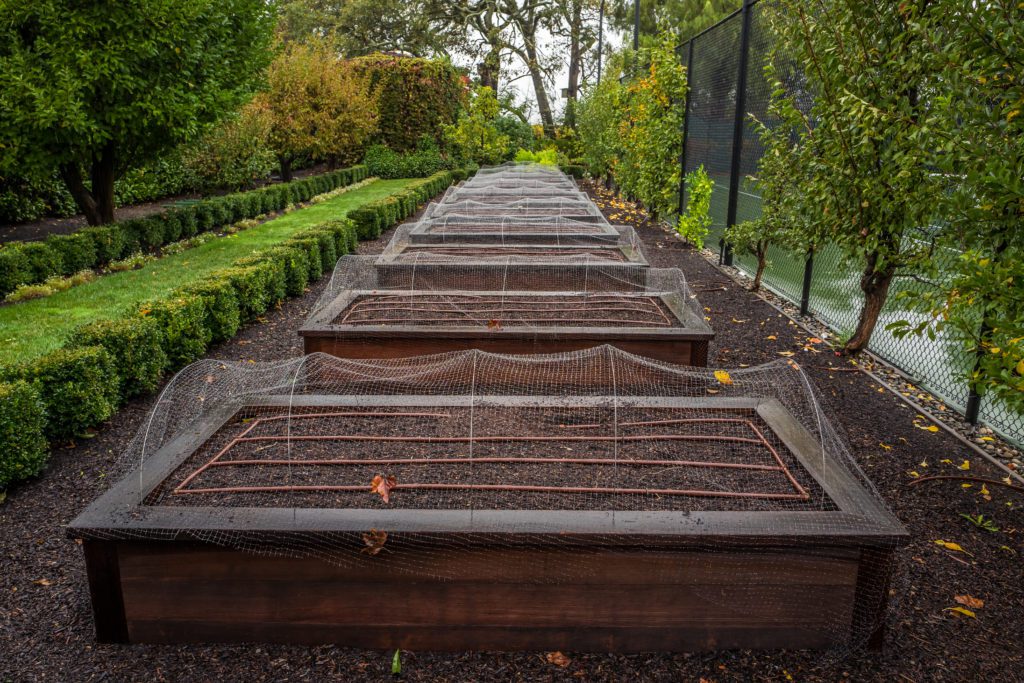

So, I removed all of the plant material from my summer beds and began the process of adding multiple products to the existing soil that can only help my beds become soil rich before the spring growing season. Vicki likes to plant veggies over the winter months, as do I, but I generally choose to give my soil a rest and nutrient boost before the spring and summer growing months. (I may break down and plant broccoli…).
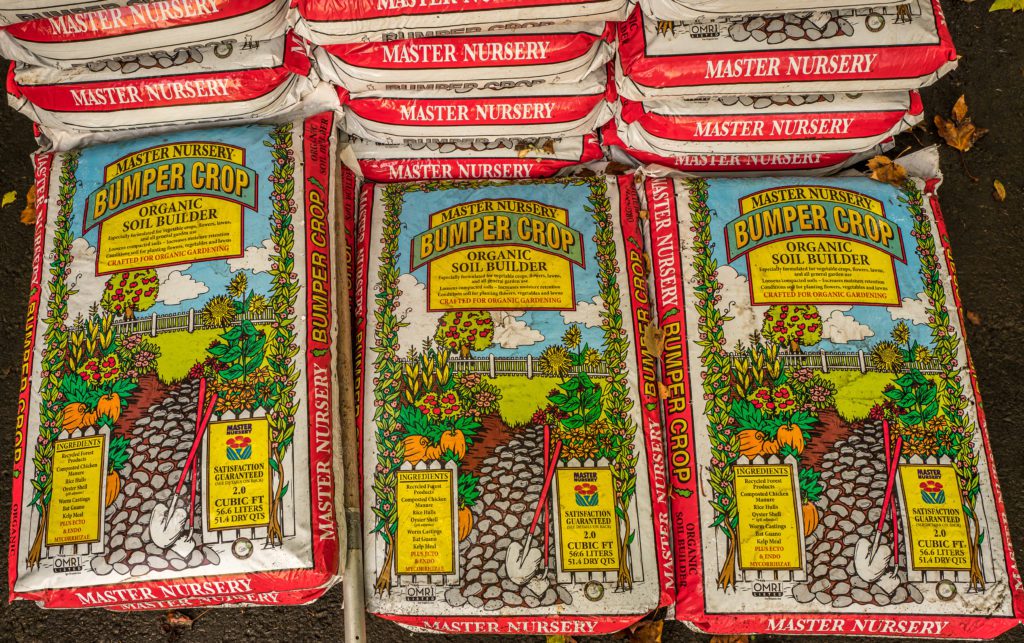

For starters, I added Master Nursery Bumper Crop Organic Soil Builder, which contains all kinds of terrific ingredients: recycled forest products, composted chicken manure, rice hulls, oyster shells (pH adjuster), worm castings, bat guano, kelp meal, and ecto & endo mycorrhizae (beneficial fungi).
Buying individual bags was definitely more expensive than getting my usual bulk delivery of composted soil with different additives, but I was enticed by all of the ingredients in each bag, so I bought them anyway. I put 4 cubic feet (2 bags) in each of my 8×4 boxes. Those wishing to go the more economical route should talk to your local supplier of organic compost to find out what special mixes they have.
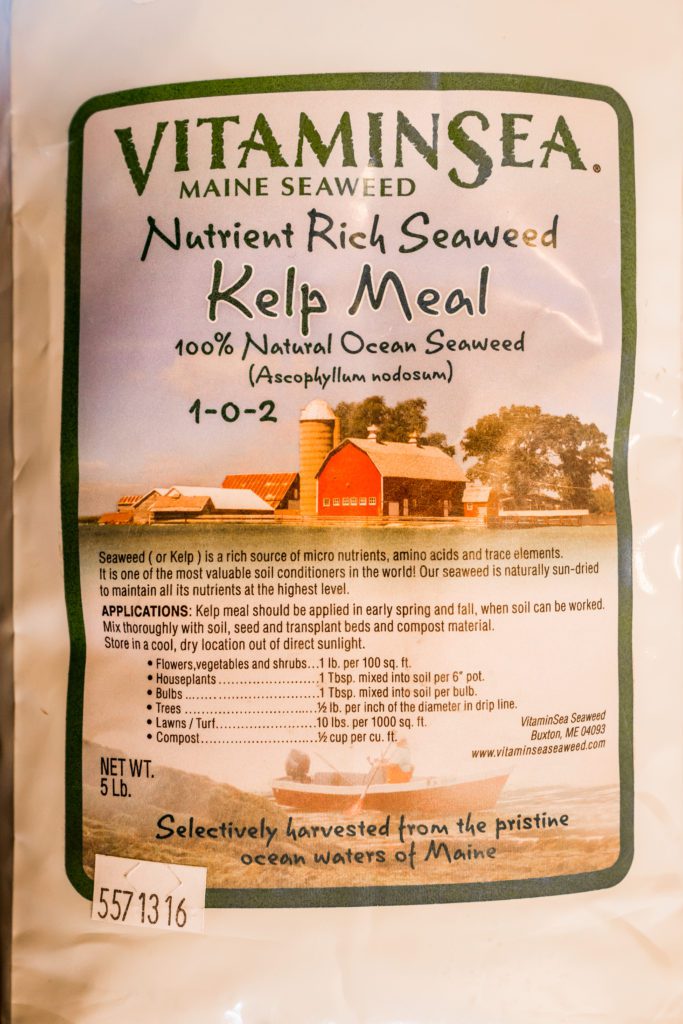

Then, after having an especially wonderful experience in Maine this summer, I made a sentimental decision to add nutrient rich seaweed kelp meal from Vitamin Sea Seawood – a Maine product (even though kelp is present in my Bumper Crop above, in smaller quantities). I added about a half bag to each bed. Kelp is valued for its micro and macro nutrients, such as nitrogen, potassium and phosphorus. It’s a great source of over 70 vitamins and minerals, leading to healthier crop yields and overall plant well-being.
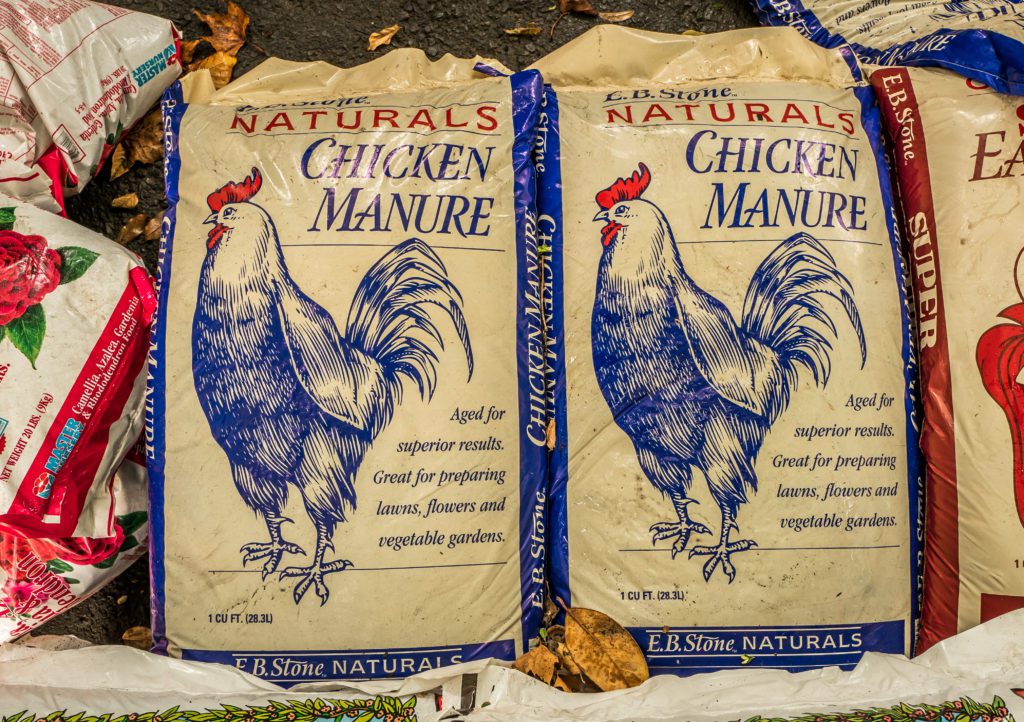

No matter what resource you read, chicken manure is always mentioned in the same breath as soil amending. While it is contained in my Bumper Crop, I thought more chicken manure might be even better. I added one bag to each bed. Chicken manure adds organic matter to our beds, increases the water holding capacity of the soil, and increases the beneficial biota (organisms that live in the soil: earthworms, nematodes, protozoa, fungi, bacteria and arthropods). My research says that chicken manure provides more nitrogen, phosphorus and potassium than horse, cow or steer manure.
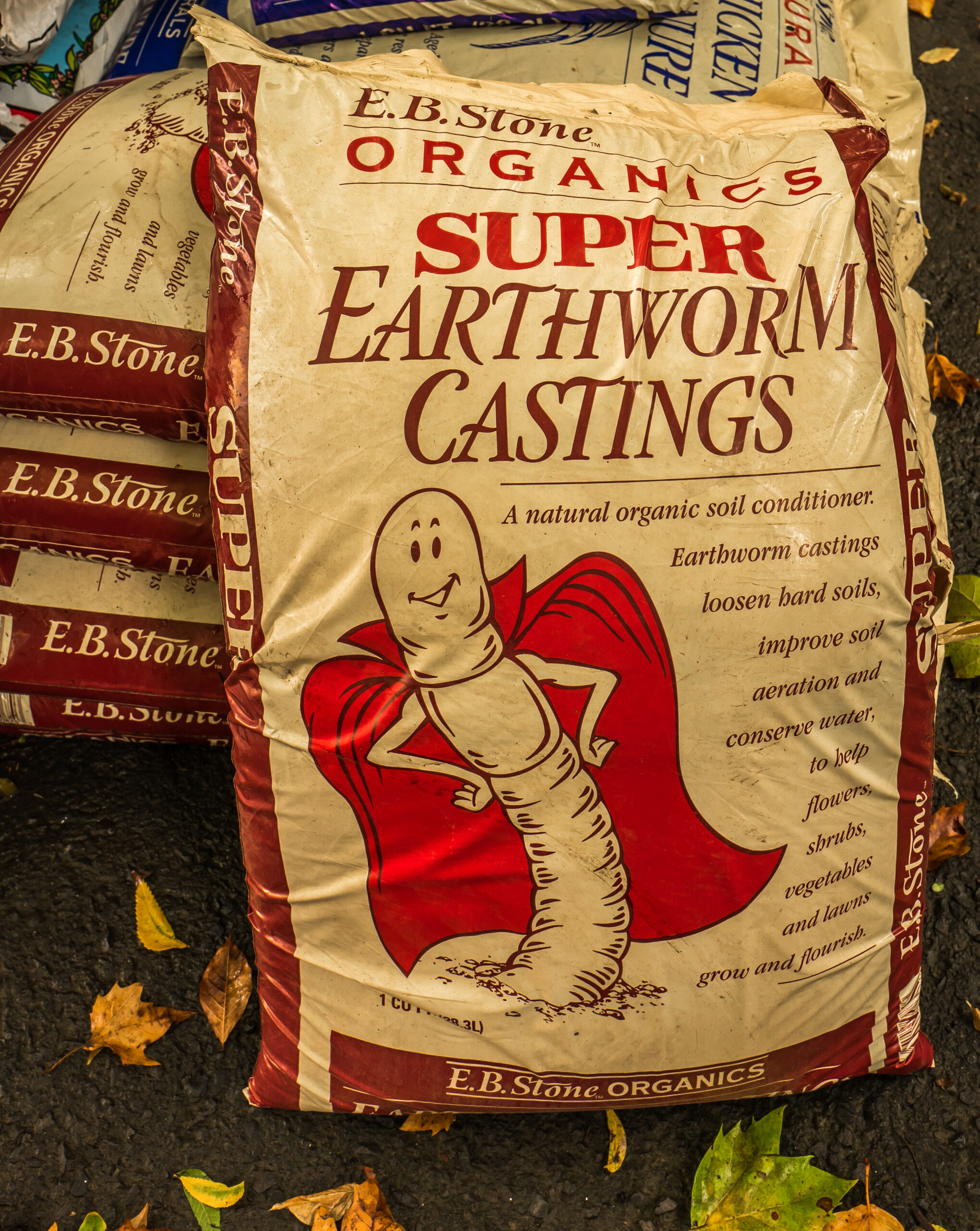

And every gardener knows the value of having earthworms and their castings in our vegetable beds. I am trying E.B. Stone Organics Super Earthworm Castings and added a half bag to each bed. Did you know that earthworms (and their castings) are the richest natural fertilizer we can possibly use? Worm castings stimulate plant growth more than any other product available. They have the advantage of being immediately available to our plants, because they doesn’t need to be broken down like chicken manure. They also enhance the ability of our soil to retain water and inhibit root diseases. Earthworm castings are loaded with nutrients for our soil!
I put wire hoops and gopher wire over the beds, after amending the soil, because we’re prone to raccoons, skunks and/or squirrels who like to dig around for things in our vegetable beds. We don’t want them taking away our worms!
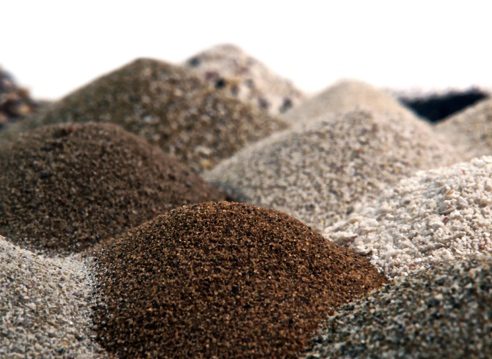

In January, I’ll get my soil tested, to see where we stand and to learn what further amendments I need to make before planting my vegetables. Refer to my earlier article on how to test your soil.

